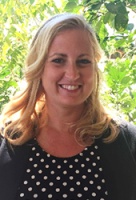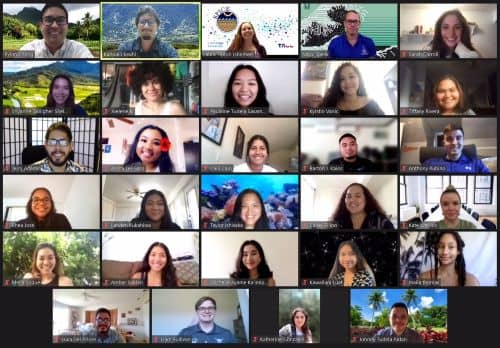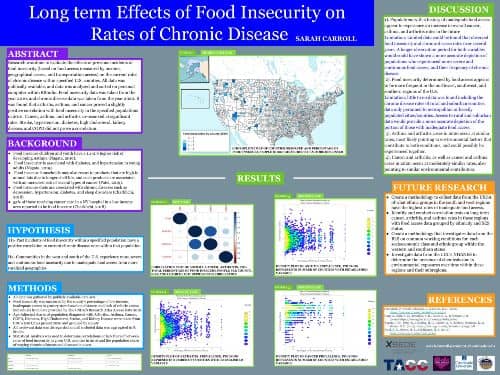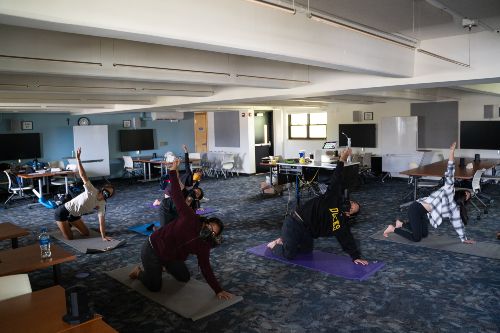Motivated. Innovative. Passionate. A trailblazer.
Those were some of the words used to describe this year’s faculty honorees of the Chaminade Excellence in Teaching and Scholarship awards, which recognize those going above and beyond to ensure student success in the classroom and contribute to their area of study in meaningful ways.

Dr. Lorin Ramocki, an assistant professor in the School of Nursing and Health Professions, received the Chaminade’s 2021 Excellence in Teaching Award for her tireless work to create hands-on simulations that promote “learning by doing.”
The simulations—which ranged from a mock homeless camp on campus to a COVID vaccination clinic to an “unfolding case study” into a Hepatitis A outbreak—were especially vital during the pandemic because COVID made some community placements for Nursing students impossible.
“The COVID pandemic created a loss of clinical rotations in both hospitals and community settings and faculty pivoted to simulation on campus as well as supporting COVID vaccination efforts,” said School of Nursing and Health Professions Dean Rhoberta Haley, PhD, who nominated Ramocki for the award.
Haley said Ramocki ensured experiential learning continued for students during the pandemic. “Dr. Ramocki is a truly creative, innovative, motivated, and effective teacher,” Haley said, “who makes Public Health content and clinical experiences come alive for each of our Nursing students.”
Ramocki said she is honored by the recognition and takes joy in using her creativity to develop “engaging learning environments to give students the best experience possible.” She added that her teaching philosophy is rooted in “developing a community within the classroom.”
“My philosophy on teaching students is really embedded in trying to inspire them to find their own interests—and then connect it back to something in public health to help them enhance their understanding and how they can impact the health of their own communities,” she said.

Meanwhile, the School of Natural Sciences and Mathematics’ Dr. Katelynn Perrault was recognized with the 2021 Fr. John F. Bolin Excellence in Scholarship Award for substantial contributions to her field of study. The associate professor of Forensic Sciences and Chemistry was also recently honored with the John B. Phillips Award, which recognizes early career researchers who are making advancements in the field of two-dimensional gas chromatography, which involves separating chemicals present in complex samples.
Perrault is studying odors produced by bacteria associated with decomposing bodies.
Dr. Hans Chun, director of Education Leadership Programs at Chaminade, nominated Perrault for the honor and said she has been a “trailblazer in research” since she arrived at the University. “Kate embodies the concept that teaching and research are not mutually exclusive,” Chun said.
Chun also said her work has helped to “raise Chaminade’s scholarly profile.”
Perrault said receiving the award is a “landmark moment for me” at the University and has driven her to reflect on her work—and on the work of the student researchers she is mentoring. “Seeing their contributions to science recognized gives me great joy as a mentor,” she said. Perrault added that while many people think of research as something that’s done outside of the classroom, she sees it as something central to classroom learning. “Great things can be accomplished within a class when students are set with the task of creating new knowledge on their own accord. There is something about that experience that cannot be learned in any textbook.”
















